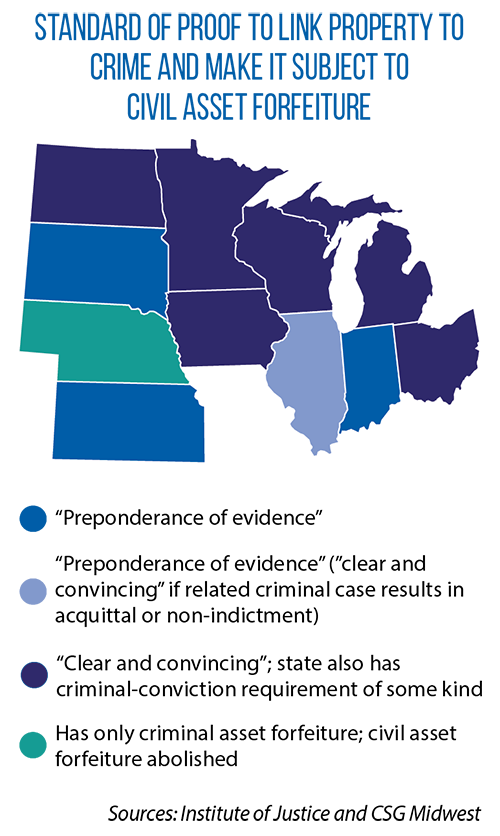
This year, the Supreme Court is set to hear two major cases over fishing rules that could impact the federal government’s broader ability to interpret and implement regulations in Loper Bright Enterprises v. Raimondo and Securities and Exchange Commission (SEC) v. Jarkesy. Depending on whether the Court decides to restrict the executive powers of federal agencies in these cases, we may see greater calls for state action in 2024 and beyond on issues relating to the energy transition and climate change.
At stake in both cases is the fate of the so-called “Chevron deference” doctrine—first articulated in the landmark 1984 decision of Chevron U.S.A., Inc. v. Natural Resources Defense Council, Inc. and cited in thousands of cases since its first issuance. The doctrine, which stipulates that courts should defer to reasonable federal agency interpretations of ambiguous laws, has served as a linchpin in administrative law and has set the terms governing the relationship between regulatory bodies and the judiciary. In essence, the doctrine prioritizes federal agencies’ technical expertise and experience when questions of interpretation present challenges to federal regulations, their implementation and their enforcement.
Now, nearly four decades years after its issuance, the Chevron doctrine is being challenged in Loper against the backdrop of the fishing industry’s opposition in Rhode Island and New Jersey to a regulation introduced in 2020 by the National Marine Fisheries Service. Relying on a present interpretation of a 1976 maritime law, the regulation requires industry vessels to carry and pay the salaries of overfishing monitors. A companion case, Relentless Inc. v. Department of Commerce, similarly originates from disputes over fishing regulations. In both cases, the Court’s rulings on the constitutionality of this now decades-old precedent will therefore have wide-reaching effects. As Solicitor General Elizabeth B. Prelogar stated in her amicus brief to the Court, “Overruling Chevron would be a convulsive shock to the legal system.”
What could these rulings mean for states? Where environmental regulations are concerned, the Court’s decision could, for instance, dramatically rein in the Federal Energy Regulatory Commission (FERC) as the nation’s chief regulator of electricity and natural gas transmission, placing a greater regulatory onus on states. By affecting FERC’s ability to use precedent to act decisively on climate change, these rulings could shift power from federal agencies to Congress and the courts. Crucially, they could also alter the balance of power between federal and state regulators in determining the cost of new fossil fuel infrastructure as global temperatures rise.
In a securities case, Jarkesy, the Supreme Court may hinder FERC—along with other federal regulators—from enforcing its own rules as it reviews the SEC’s authority to use in-house judges to handle regulatory enforcement proceedings. Depending on how the Court rules, the decision’s impacts could reverberate through FERC, the EPA, and other federal agencies that rely on in-house courts to adjudicate matters related to implementing and enforcing environmental regulations.
With federal regulators’ power to regulate emissions under threat, it may become more necessary than ever in 2024 for state governments to collaborate on regional solutions to climate change, environmental stressors, and the energy transition.
The Court’s rulings are expected sometime this summer.



 The state-by-state overview includes several examples of new laws that:
The state-by-state overview includes several examples of new laws that: Former New Hampshire State Representative Suzanne Smith passed away over the weekend.
Former New Hampshire State Representative Suzanne Smith passed away over the weekend.